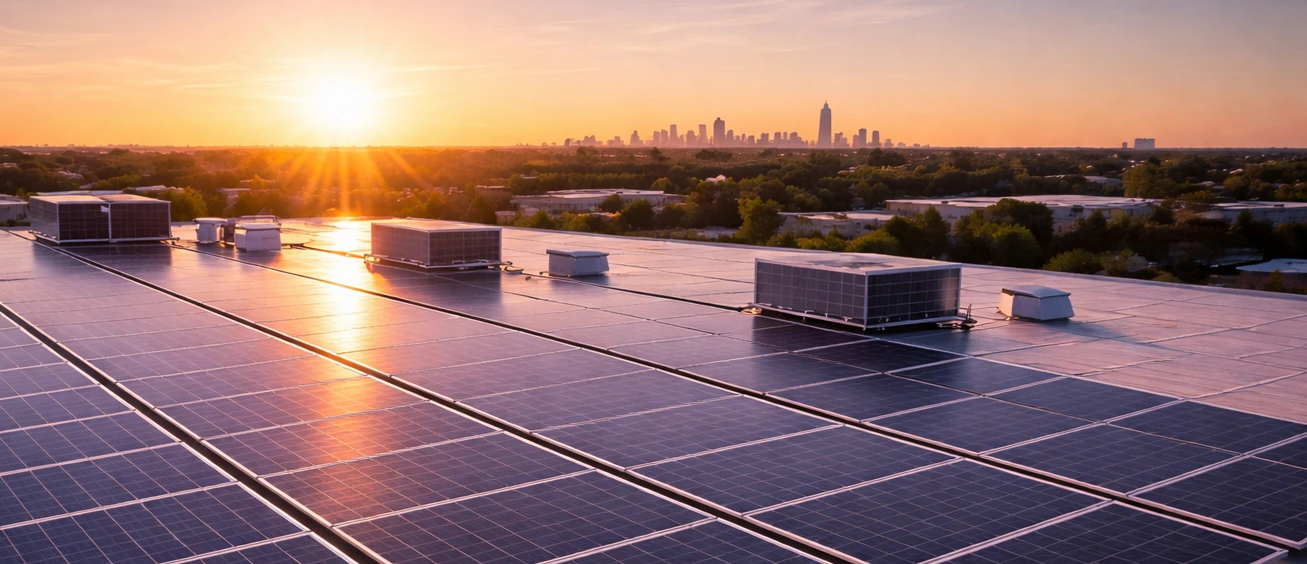Metal roofs have surged in popularity over the past few decades, touted for their exceptional durability, sleek modern aesthetic, and energy-efficient features.

This comprehensive guide dives deep into the common metal roof problems, helps you weigh the pros and cons of metal, and clarifies whether the metal roof is right for your home.
Whether you're in the planning stages or already own a metal roof, understanding the challenges will help you make informed decisions and avoid costly mistakes.
1. What Is the Most Common Metal Roof Problem?
The biggest problem with metal roofs is poor installation, leading to roof leaks, premature deterioration, and energy inefficiency. Many homeowners report that improper fastener placement, misaligned metal panels, or lack of a moisture barrier can lead to water infiltration—especially around seams or protrusions.
A metal roof leak is often caused by:
- Inadequate sealing or flashing
- Fasteners that loosen due to thermal movement
- Improper underlayment or insulation
Because metal roofs expand and contract, even small installation errors can escalate over time. That's why hiring a professional roofing contractor with experience in metal roof installation is critical.
2. How Does Weather Affect Metal Roofs?
Extreme weather conditions like heavy rainfall or heavy snow can exacerbate existing vulnerabilities. Snow accumulation on flat roofing surfaces, especially those with metal panels, can increase stress on seams, while freeze-thaw cycles may cause the metal substrate to break down if not properly protected.
Additionally, rain or hailstorms can amplify noise levels. While metal roofs are known for their resilience, they can be noisier than other roofing types, especially if there's insufficient insulation beneath the metal surface.
3. Are Metal Roofs Prone to Leaks?
Metal roof leaks are not common in properly installed systems, but when they occur, they often stem from:
- Corrosion around fasteners
- Movement of panels over time
- Poor sealing around vents, skylights, or chimneys
Regular inspections can identify potential problems associated with metal and mitigate damage before it escalates.
4. What Is the Lifespan of a Metal Roof?
The lifespan of a metal roof is one of its strongest advantages, often ranging from 40 to 70 years. However, that longevity assumes proper installation and maintenance.
Factors that influence longevity include:
- Type of metal used (e.g., steel roof vs. aluminum)
- Climate and exposure to elements
- Quality of paint and protective coatings
Metal roofs offer exceptional durability compared to traditional roofing materials like asphalt shingles, but only when installed correctly.
5. Can Metal Roofs Expand and Contract?
Yes, and it’s a characteristic of nearly all metal materials. Daily temperature swings cause expansion and contraction, which may:
- Loosen fasteners
- Warp panels
- Stress the roof system
To combat this, reputable installers use standing seam systems that allow for movement without compromising integrity.
6. What Are the Disadvantages of Metal Roofs?
Despite their benefits, there are cons of metal roofs to consider:
- Higher upfront cost compared to traditional roofing
- Potential for denting (e.g., from hail or tree limbs)
- More difficult roof replacement or repair due to panelized systems
Understanding the cost of metal and weighing it against your budget and long-term plans is essential.
7. Are Metal Roofs Noisy?
Homeowners sometimes mention noise from metal roofs during storms, but this can be easily reduced with proper insulation. Commercial roof insulation not only helps minimize noise but also improves overall comfort and energy efficiency.
Installing sound-dampening materials beneath the metal roof material reduces interior noise significantly.
8. Do Metal Roofs Rust?
Not all types of metal roofs are created equal. Steel roofs, for instance, are prone to rust if not coated with corrosion-resistant finishes. Galvanized or Galvalume coatings help extend durability, while aluminum naturally resists rust.
Proper maintenance and selecting the right type of metal are crucial to minimizing this risk.
9. Are Metal Roofs More Expensive?
Yes, metal roofing typically has a higher initial investment. The cost of metal roofing is often compared to traditional roofing materials like shingles, which can be 2–3x cheaper upfront.
However, metal roofs offer long-term savings due to:
- Minimal maintenance
- Fewer repairs
- Better energy efficiency
- Extended life cycle
10. What Should Homeowners Consider Before Buying a Metal Roof?
Before you buy a metal roof, consider:
- Your local climate
- The type of roofing material best suited for your home
- Whether your structure can support the structural integrity of the roof
Consulting a professional roofing contractor will help you understand what metal roof may be best for your home, budget, and aesthetic goals.
Summary: Key Takeaways About Metal Roof Problems
- The biggest problem with metal roofs is improper installation leading to metal roof leaks
- Weather, thermal movement, and lack of insulation can cause roof to prevent optimal performance
- Cons of metal roofs include noise, potential for denting, and high upfront cost
- Proper installation and maintenance are critical to long-term satisfaction
- Metal roofs are durable, versatile, and energy-efficient when installed correctly

Final Thoughts on Choosing a Metal Roof
A metal roof can provide unmatched performance. Just make sure you invest in professional installation and choose the right type of metal for your specific needs.
For expert guidance and reliable service, consider working with Green Attic Roofing, a trusted roofing contractor serving the Chicago area.
.svg)






